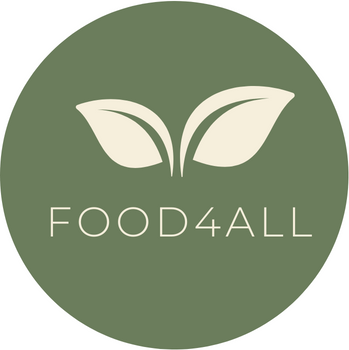In our exploration of food security, we have embarked on a journey to understand its profound significance in shaping a sustainable and equitable future. The aim of this course was to empower each learner with knowledge and awareness about food security—its multifaceted dimensions, global importance, and the pivotal role individuals play in securing a nourishing future for themselves and their communities.
As we delved into the learning objectives, we uncovered the comprehensive nature of food security, encapsulated by the dimensions of availability, access, utilization, and stability. Through this understanding, we recognized the interconnected factors that contribute to or hinder food security, ranging from sustainable agricultural practices to economic stability, technological advancements, and climate resilience.
The challenges that lead to food insecurity were revealed to be diverse, from economic struggles and limited market access to the impacts of climate change, conflicts, and natural disasters. Acknowledging these challenges is a crucial step toward developing comprehensive strategies for a more secure and sustainable global food system.
At the heart of this exploration lies the undeniable role of individuals and families in shaping their own food security. From diversified diets and sustainable food choices to home gardening, reducing food waste, and financial planning, every action taken at the individual level resonates through communities, contributing to a more resilient and sustainable food future.
The call for global awareness and cooperation resonated throughout our exploration, recognizing the intricate web of interconnectedness that binds communities and nations. Supply chains, trade agreements, climate change impacts, and economic interdependence all underscore the need for collaborative efforts on a global scale. Our journey highlighted the importance of knowledge exchange, global cooperation, and pandemic preparedness in the face of challenges that transcend borders.
In conclusion, as we stand at the intersection of personal responsibility, community engagement, and global awareness, it is evident that the path to food security is one that requires collective commitment. Each learner is not only equipped with the knowledge to define food security but also inspired to appreciate its global significance and the potential for positive change. Let us carry forward the insights gained from this course, fostering a sense of responsibility and awareness that transcends geographical boundaries, and collectively strive towards a future where food security is a reality for all.
